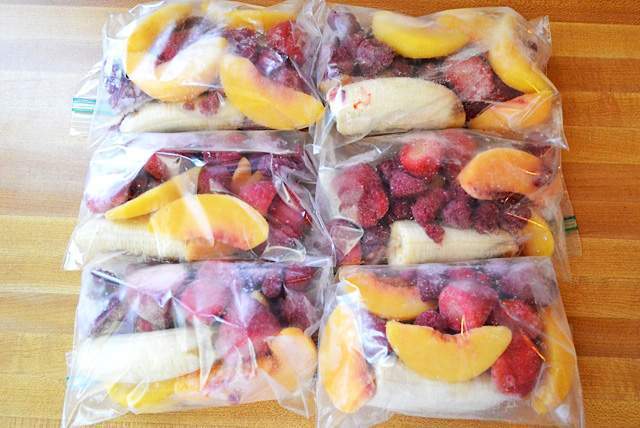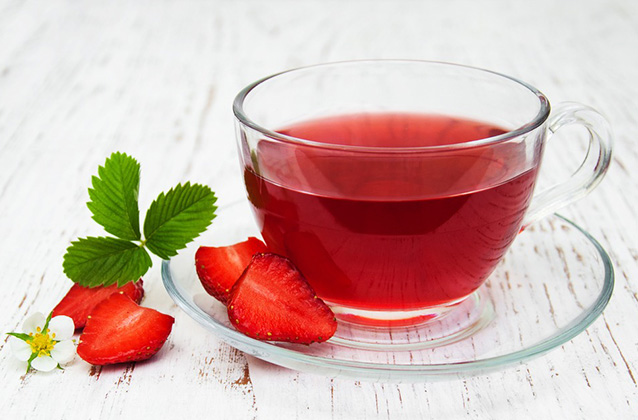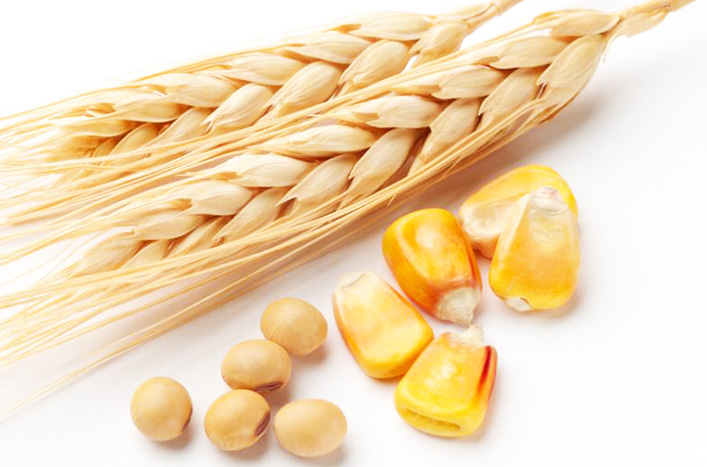It is said by the American Thyroid Association that almost 20 million people in the US have thyroid issues, and about 60 percent of those do not even know that a problem exists. In this article, we will discuss foods that you should limit or avoid completely if you are diagnosed with hypothyroidism, a very common disorder in which the thyroid, a gland situated in the neck, is underactive.
Feel free to repost this article if you have family and friends who suffer from hypothyroidism or simply like to keep their thyroid out of harm’s way by minding what they include in their diet.
Soy
According to some health authorities, consuming too much soy and other food products that contain soy may increase a person’s risk of suffering from hypothyroidism one day. However, some experts beg to disagree — they believe that only those who are diagnosed with the thyroid disease should consider limiting their soy intake.
However, one thing is for sure: soy may actually interfere with medications for hypothyroidism. So if you are taking drugs for your thyroid gland, it’s a good idea to consume soy about 4 hours before or after popping them in your mouth.
Wheat
Are you suffering from gluten sensitivity or celiac disease? Then it’s a good idea for you to make sure that you steer clear of anything with gluten not only to keep those unfavorable digestive symptoms at bay, but also to keep hypothyroidism from worsening. Experts say that irritation of the small intestine may hamper absorption of hypothyroid drugs.
By the way, according to a report published 2017 in the journal called Endocrine Connections, it appears as though that celiac disease and hypothyroidism tend to exist at the same time.
Cruciferous Veggies
Every health-conscious person on the face of the planet knows very well that cruciferous vegetables like cabbage, broccoli, kale and Brussels sprouts are very good at neutralizing toxins and keeping cancer at bay.
Sadly, experts in nutrition say that cruciferous vegetables may actually interfere with the body’s ability to absorb and utilize iodine, a mineral that’s necessitated by the thyroid gland for it to function properly. However, there’s hope — it is said that cooking cruciferous veggies very well and limiting their intake can keep the thyroid out of harm’s way.
Fatty Foods
There’s no denying that anything that’s fatty or greasy is bad for the health. Doctors say that it should be eliminated from the diet most especially of those people who are diagnosed with hypothyroidism and are taking medications for it. That’s because a diet high in fat can prevent proper absorption of thyroid medications.
Additionally, numerous studies have revealed that fats may also prevent the thyroid gland from working optimally and producing hormones necessary for various bodily processes.
Sugary Stuff
One of the problems that people with hypothyroidism complain about is unnecessary weight gain. Such is something that can be expected since it is the thyroid gland that produces hormones that regulate the metabolic rate — hypothyroidism can cause an individual’s metabolism to considerably slow down.
It’s for this reason exactly why the intake of foods and beverages containing lots of sugar is a terrible idea for anyone who is experiencing weight gain as a result of thyroid disease.
Alcohol
Health authorities say that moderate intake of alcohol actually comes with some health perks. But if you are diagnosed with hypothyroidism, it’s a good idea for you to completely turn your back on alcoholic drinks.
That’s because scientific investigations show that alcohol can keep the thyroid gland from utilizing iodine obtained from the diet. Just like what’s mentioned earlier, iodine is necessary for the health of the thyroid. What’s more, it appears as though alcohol can also keep the thyroid from producing hormones the body necessitates.








